The drugs and chaos of Elon Musk’s fragile empire
Elon Musk is the richest man in the world — and one of the most powerful. He has an empire that spans the globe and beyond into space. With a commercial empire that includes Twitter/X, Tesla, Starlink and SpaceX, he controls the largest car manufacturer by value, is the world’s biggest custodian of space launches, controls a majority of satellites, and one of the world’s largest social networks, all at once. He arguably owns the future.
But are the cracks in Musk’s imperium beginning to show? Is he sitting atop a house of cards?
There are some troubling signs. Last weekend, The Wall Street Journal published an article accusing Musk of regularly abusing illegal drugs, including in the workplace.
He was reported to have taken cocaine, ketamine, LSD and magic mushrooms in front of employees of Tesla and SpaceX. Needless to say, if the allegations are true, this is a big corporate headache. Tesla is a publicly listed company with, on paper at least, a strict drug-free workplace policy which it says applies to staff at all levels.
SpaceX is a big contractor with the US government, including Nasa, which has strict policies forbidding it contracting with any parties that use drugs banned at the federal level (meaning even the use of cannabis in states that have legalised the drug would be exclusionary). This, of course, is not the first time Musk has been embroiled in a drugs row. In 2018, he raised eyebrows by smoking weed with Joe Rogan on the podcaster’s show.
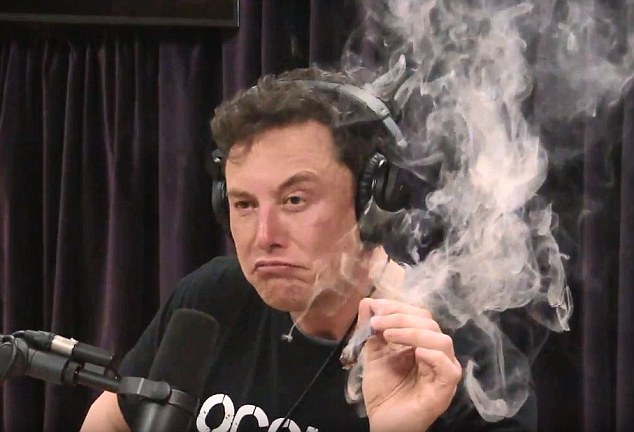
Musk, unsurprisingly, has flatly denied the new allegations, claiming that three years of randomised drug tests never showed even “a trace” of illicit substances and said the Journal was “not fit to line a parrot cage”. On the other hand, he also didn’t appear to take the allegations all that seriously, posting: “If drugs actually helped improve my net productivity over time, I would definitely take them!”
There is nothing unusual about Musk, who is also not averse to drinking alcohol, having a row with the media. What’s strange about this story, though, is how little attention it seems to have garnered. The world’s most powerful billionaire accused of using psychedelics while at the helm of numerous significant companies — and yet collectively we seem to shrug it off as if he’s just another badly-behaving celebrity.
It is easy to forget the scale and significance of Elon Musk’s business empire. Tesla catalysed the global development of electric vehicles. The company is valued at about $711 billion (£560 billion). By comparison, the combined market value of Toyota, Volkswagen, Daimler, General Motors, BMW and Ford is about $639 billion.
SpaceX might be less well known than Tesla, but is perhaps even more significant. According to figures compiled by the astrophysicist Jonathan McDowell, SpaceX’s Falcon 9 rocket completed 91 launches last year alone — more than the total number of launches by every government in the world combined. When it comes to getting satellites into space, Musk controls the market.
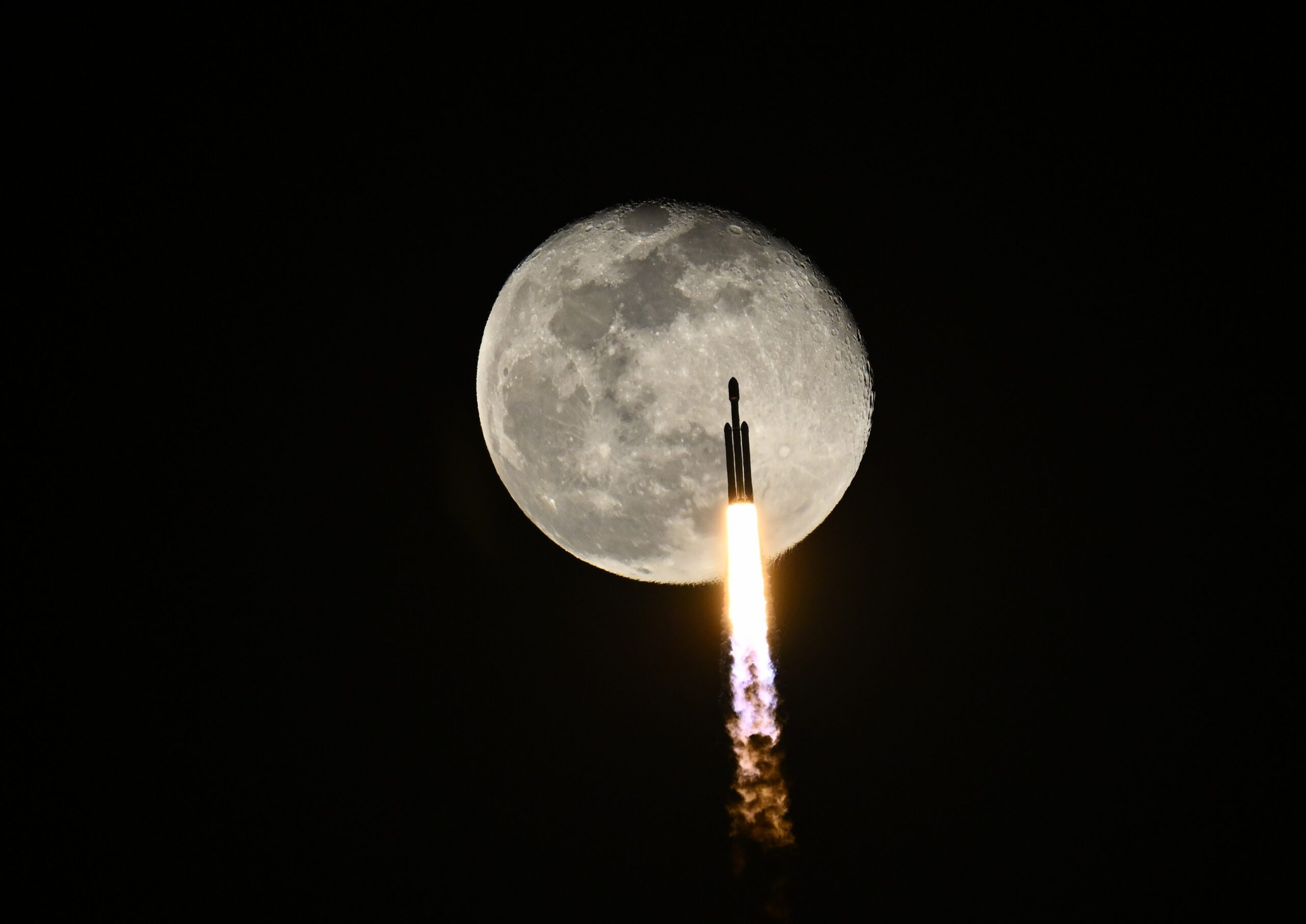
Beyond that, Musk’s Starlink company — which uses satellites to provide internet access to remote areas — operates the majority of all of the satellites orbiting the earth, or to put it another way, Musk owns more satellites than everyone else on the earth put together. Musk’s $44 billion purchase of the social network site Twitter might be burning both his money and his public reputation, but gives him a level of control over the world’s information ecosystem to rival any media owner.
That degree of power, coming from a man born to a rich but not ultra-rich family, lends Musk the air of almost inhuman brilliance that has garnered him the devoted fanbase which he so obviously enjoys.
Yet once you start looking for signs of Musk’s vulnerabilities, you can see them everywhere. Tesla’s extraordinary valuation is a weakness as well as a strength: in the most recent six months for which it has reported, Tesla sold just over 900,000 vehicles, generating about $40 billion in revenue.
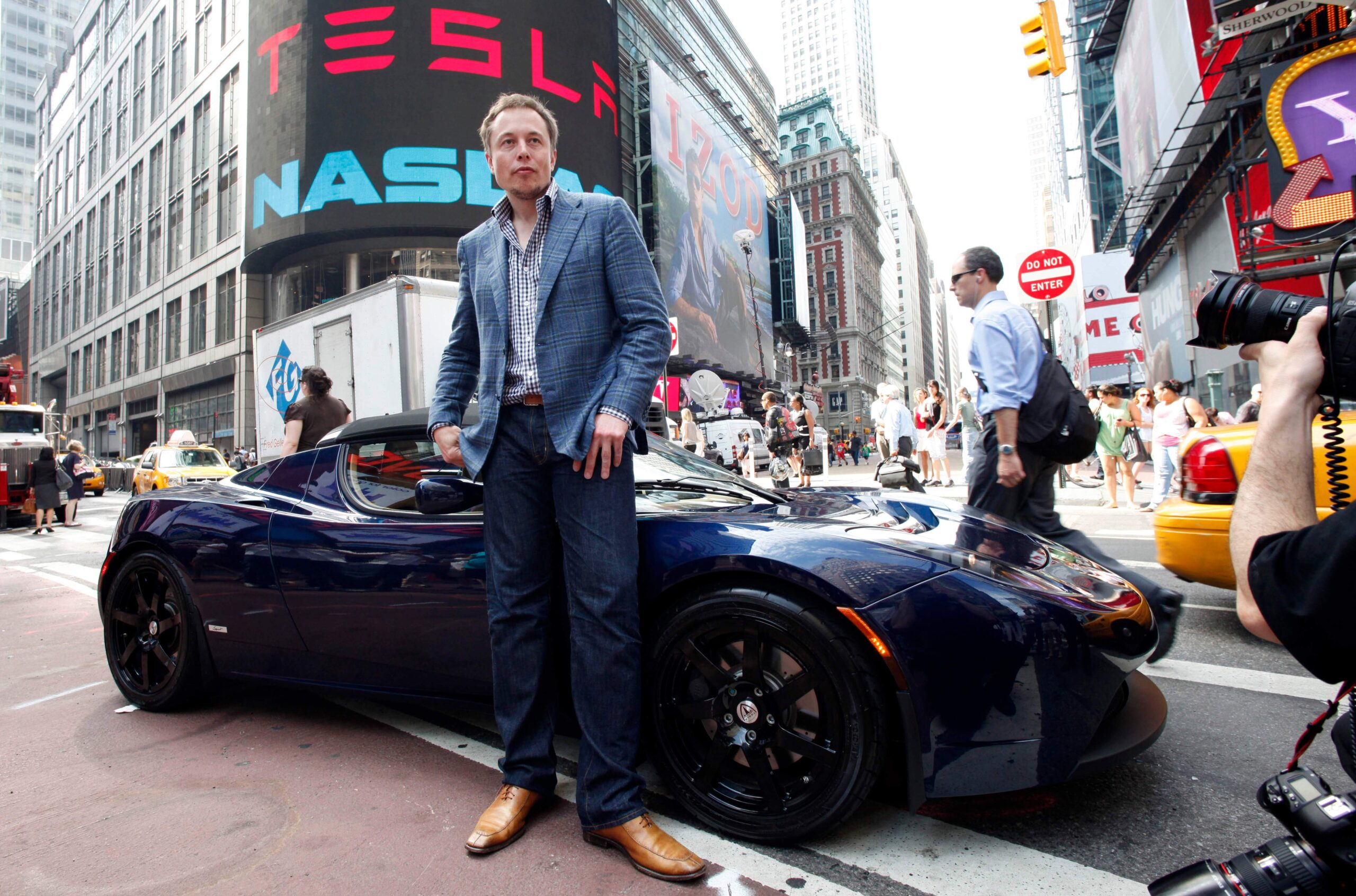
Toyota, by contrast, sold more than 4.7 million vehicles, generating more than $150 billion in revenue — and yet according to the companies’ stock prices, is worth just a third of Tesla. Toyota’s profit margins are about the same as Tesla’s, which are all fairly standard for the industry.
Tesla makes far fewer cars than many of its rivals, sells them for a similar mark-up, doesn’t have a promising runway of exciting models coming up, and yet is worth more than all of them put together — it simply doesn’t generate the cash that its valuation suggests, and probably never will.
Industry experts have estimated that up to 90 per cent of Tesla’s market capital is simply an Elon Musk premium — retail investors believe that because Musk is in their view a genius, Tesla will somehow become worth its apparently inflated valuation. If that calculus changes, the value could plummet.
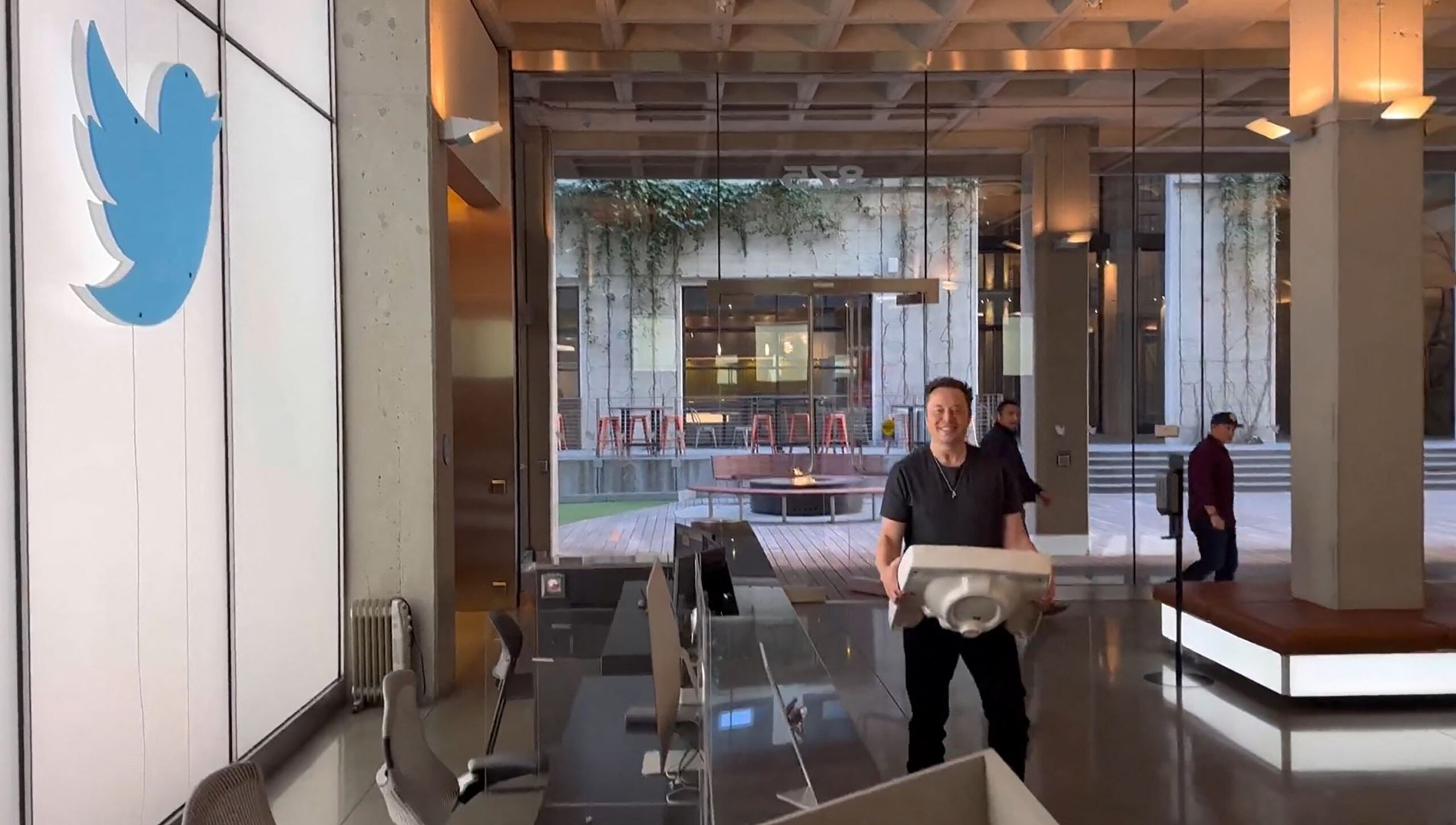
This leaves Musk in what seems like an impossible situation for a man so unbelievably rich and successful as he is. His net worth might be unsurpassed, but he doesn’t have nearly so much access to cash as most of his peers. Tesla generates enough cash to cover its operating costs, but not much more than that. SpaceX’s cash goes into the development of its next generation of rockets. Starlink doesn’t generate any profits, while X is burning billions of dollars a year.
If Musk wants to spend money — whether to cover X’s considerable losses, or buy some other company — he doesn’t have a bank balance of billions of dollars to dip into. Instead, he’s either got to borrow money against his shares in Tesla or SpaceX, or else sell Tesla shares. Given the huge “Musk premium” those shares attract, though, selling too many too fast might bring the stock price back down to earth — potentially hitting Musk hard in the pocket.
What all of this means is that while Musk wields real power in the modern world, he is also not immune to its constraints. Anyone who regularly needs to borrow money has some degree of reliance on their lenders. When he was buying Twitter, Musk was perhaps at the zenith of his powers, and the world’s leading banks fell over themselves to finance his purchase on favourable terms. But his management of that company — through its platforming of extreme hate speech and misinformation — is torching his reputation, and its revenues, thanks to the resulting exodus of advertisers, has made Musk a less appealing prospect to banks. That gives potential lenders more power, at Musk’s expense.
Musk’s alleged predilection for drugs might not be a huge deal in itself, but it is a reminder of this extraordinary tycoon’s humanity, and indeed his fragility. He is arguably the single most powerful man in the world, but it’s a brittle power — and there is no knowing what might finally make it snap.
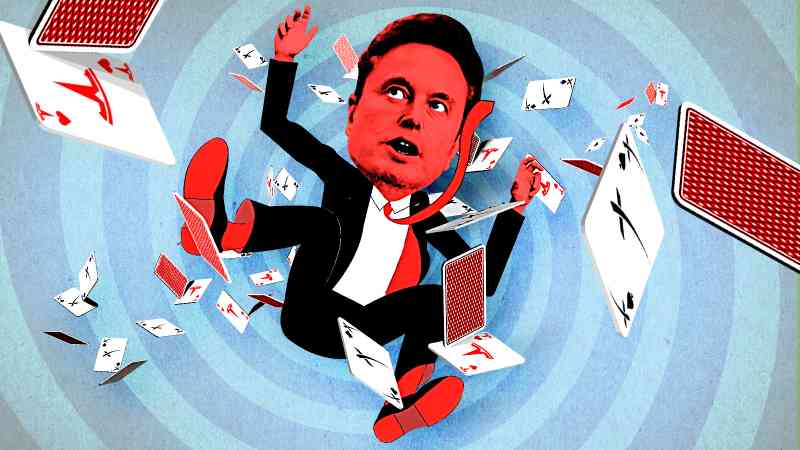
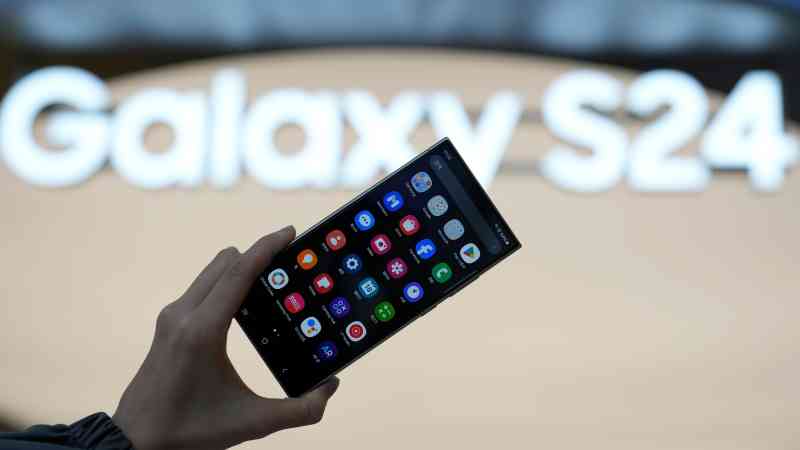
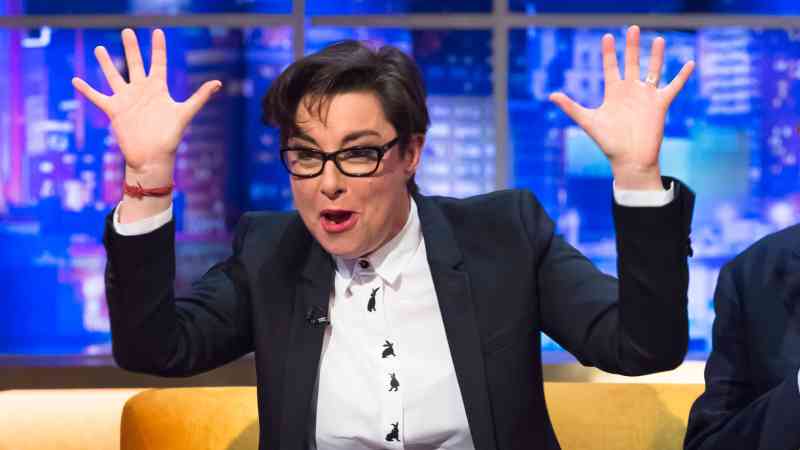

Post Comment